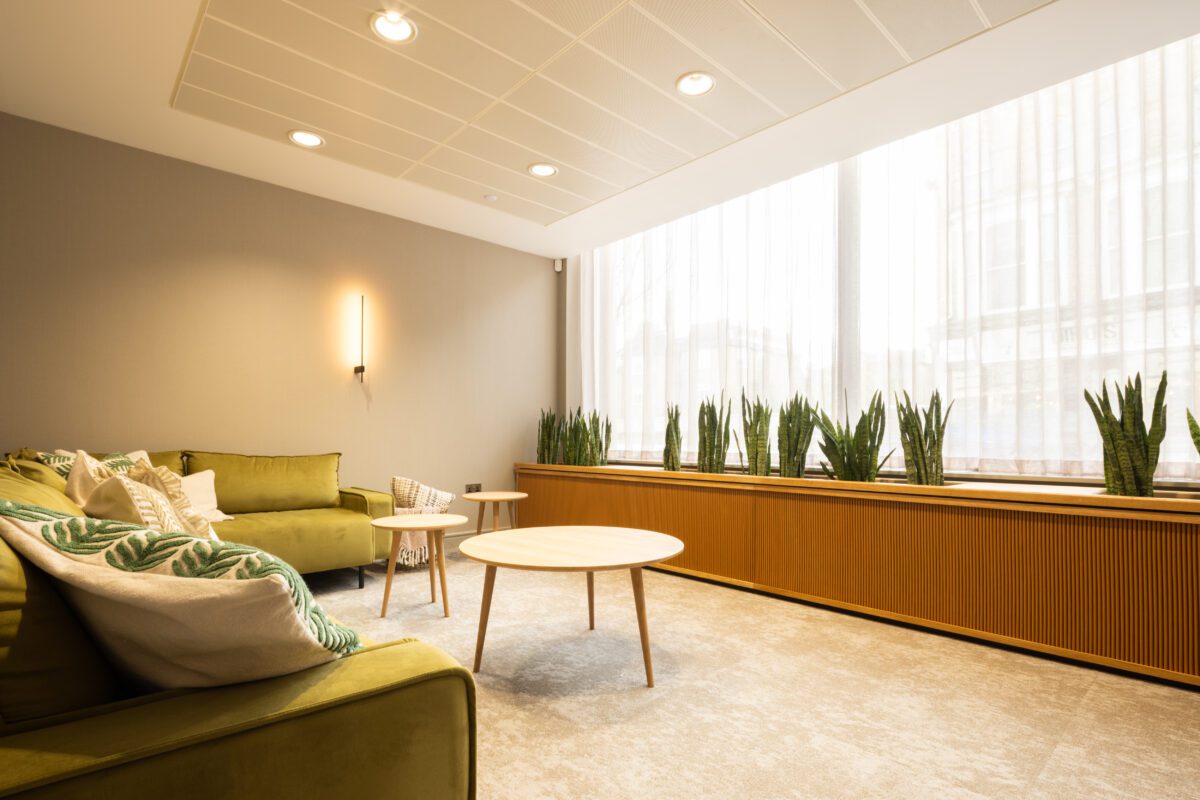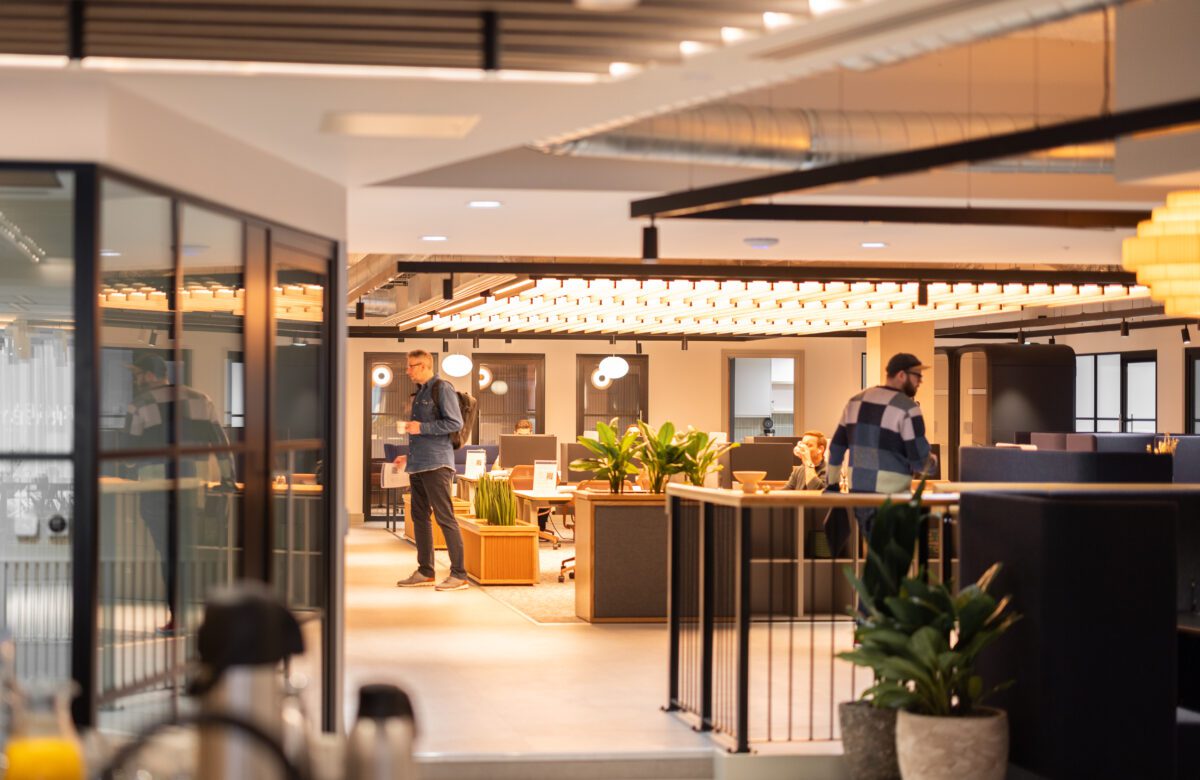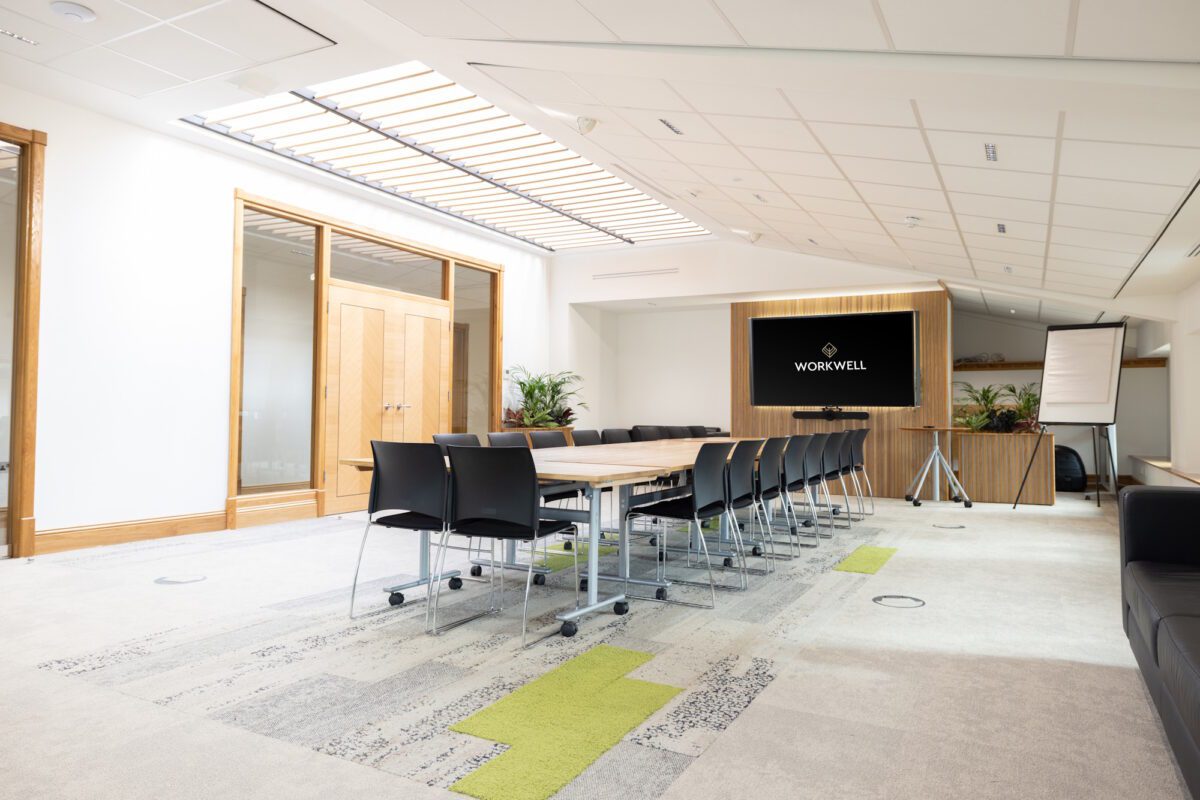A holistic approach to wellbeing will boost workplace productivity.
The link between employee wellbeing and workplace productivity is becoming clearer, backed by a growing and robust body of research.
Holistic View
Employers are moving beyond surface-level perks and beginning to take a more holistic view of staff wellbeing. It means acknowledging the full range of factors that contribute to how people feel at work, including occupational, emotional, social, intellectual, and environmental factors. As the evidence builds, the case for embedding wellbeing into business strategy is no longer simply a moral one. It is now a clear business priority.
Impact On Productivity
One of the strongest pieces of evidence comes from a six-month study at British Telecom (BT), which tracked nearly 1,800 call centre workers. The research found that a one-point increase in self-reported happiness on a ten-point scale led to a 12% rise in productivity. For more complex tasks, productivity gains reached 20%. This real-world data underlines how an employee feels significantly affect how well they perform.
These findings are supported by a broader meta-analysis of 339 independent studies, which cover over 1.8 million employees. It showed a consistent positive correlation between employee satisfaction and both productivity and customer loyalty. Higher levels of wellbeing were also linked to lower staff turnover, indicating that businesses supporting employee wellbeing tend to perform better overall.
UK-based surveys add weight to this. Around 80% of employees say they are more productive when they feel healthy and happy. Those who describe themselves as happy at work are nearly three times more likely to rate their performance as ‘very productive’ than those who are not. While self-reported, these insights align with objective productivity measures and point to the central role of emotional wellbeing in daily work.
Boosting Engagement
According to the World Health Organisation, companies that invest in effective health and wellbeing programmes can achieve productivity gains of up to 20%. These initiatives often include mental health support, flexible work arrangements, and opportunities for social connection – all of which contribute to a healthier and more engaged workforce.
The relationship between wellbeing and productivity is complex, but several mechanisms are well understood. Good physical and emotional health reduces both absenteeism and presenteeism, where employees come to work despite being unwell, often leading to underperformance. Mental health, in particular, has a substantial impact. Many employees who struggle with mental health issues do not disclose their condition, yet the effect on focus and output can be significant.
When staff feel psychologically supported, engagement and motivation tend to rise. This, in turn, drives efficiency, creativity and, ultimately, stronger organisational performance. Higher engagement also improves customer service and satisfaction, reinforcing the idea that wellbeing benefits both people and the business.
Workplace Design
Workplace design also plays a key role. Research from the University of Leeds shows that employee wellbeing has climbed the agenda in many organisations, rising from fifth to third among strategic priorities. Office design can influence wellbeing, and by extension, productivity, through elements such as natural lighting, ergonomic furniture and open layouts. A well-considered environment can reduce stress and support concentration.
Collaborative spaces are especially valuable, as they enable social interaction and informal exchange. These can range from lounge areas to quiet rooms or shared breakout spaces, all of which contribute to a more human and connected workplace. By incorporating these features, organisations can create spaces that support productivity and help attract and retain talent.
Flexible Space
The Leeds research also notes that there is no one-size-fits-all solution. Companies must assess their unique needs. WorkWell, for instance, helps businesses understand how to match their workspace with employee preferences and operational demands. Flexibility is key, allowing organisations to adapt as those needs evolve.
An adaptable office design supports this shift, enabling companies to remain responsive and forward-looking. Regularly reviewing and adjusting workspaces helps ensure they continue to meet both business and employee needs.
Ultimately, a sustained focus on wellbeing can foster a more resilient and sustainable workplace culture. Lower turnover, stronger commitment and increased loyalty all stem from treating people well. As more organisations embrace wellbeing in its fullest sense, they are finding that supporting people and driving performance go hand in hand.



